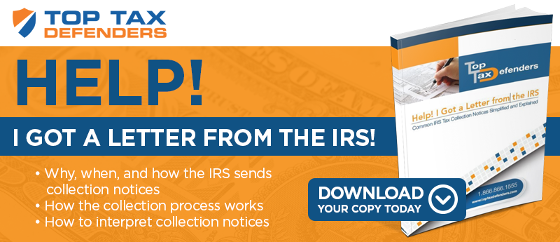
Are you currently participating in an installment agreement with the IRS? Have you missed a few payments? If so, you might receive a CP523 notice. Should this happen, it's a signal that you need to take action on your account immediately.
What does a CP523 notice mean? When might you receive one? What should you do after receiving a CP523 notice?
What is a CP523 Notice?
The purpose of a CP523 notice is to inform a taxpayer that he or she is in default on an installment agreement. The IRS uses the notice to announce that the IRS is planning to seize assets or impose a tax lien on the taxpayer's property, due to the taxpayer's failure to maintain the terms of the agreement.
Short of the IRS seizing property and other assets, the IRS may insist that the taxpayer remit the entire amount due. There is also the possibility that the IRS will reinstate the installment agreement if the taxpayer pays a fee, but this option may not be available for everyone.
When Might the IRS Send a CP523 Notice?
This notice is only sent to those who have defaulted on an installment agreement. In most situations, the IRS will only send a CP523 notice after several payments have been missed and the taxpayer has not contacted the IRS or responded to previous letters such as a CP521 notice. If a person has agreed to an installment agreement to resolve a past balance due, but then fails to file the tax return, this would also constitute a default action that could result in receiving a CP523 notice.
While the tone of the letter can be intimidating, a CP523 notice does mean that the IRS has already imposed a tax lien or tax levy. It may be possible for the taxpayer to avoid this action by sending a payment right away.
How to Respond to a CP523 Notice
Generally, a taxpayer who receives a CP523 notice has 30 days to respond to the notice before the IRS will go ahead with asset seizure. To respond to a CP523 notice, taxpayers should send a payment by the stated due date. If the person wants to ask a question or inquire about other options, such as reinstating the installment agreement, he or she can do so by using the given contact phone number.
If you have defaulted on an IRS installment agreement by missing a payment or a filing deadline, you might receive a CP523 notice. When this happens, take the time to respond to the notice immediately so that you can avoid any further penalties or collection action by the IRS.




